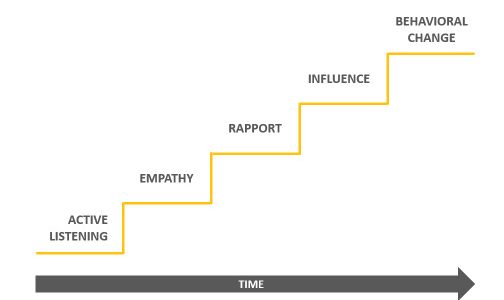Negotiations are Not a Battle
We had an earlier blog about “persistence – or stubborness” drawing on the book Think Again: The Power of Knowing What You Don’t Know by Wharton School psychologist Adam Grant. Mobus Creative Negotiating prides itself on bringing to negotiators the latest insights of research, so here is another point made in that volume.
Grant analyzes a classic study by Neil Rackham dissecting what do expert negotiators do differently from their less effective colleagues. The results were a big surprise: while the average negotiators prepared for battle, their more successful negotiators got ready to dance. They devoted much of their planning to finding common ground. Then when the negotiations started, the experts talked less and listened more.
The more expert negotiators actually offered fewer reasons to support their case. While it is tempting to pile on reasons to support our side, the reality is that adding weak arguments dilutes the strength of the strong ones. As Grant puts it, “the more reasons we put on the table, the easier it is for people to discard the shakiest ones.”
When the expert negotiators spoke, instead of going on the offensive, they asked questions. They did not shoot down the other side’s proposals and they did not double down on their own positions, because that shuts down the minds of the other side. As Grant writes, “We won’t have much luck changing other people’s mind if we refuse to change ours.” Scientists are told to be humble and curious; those turn out to be the best approaches for negotiators as well. To quote Grant again, “Convincing other people to think again isn’t just about making a good argument – it’s about establishing that we have the right motives in doing so.”
We at Mobus Creative Negotiating offer practical and detailed advice on how to put these insights into practice: steps you can take to push yourself to be more open and listening.

